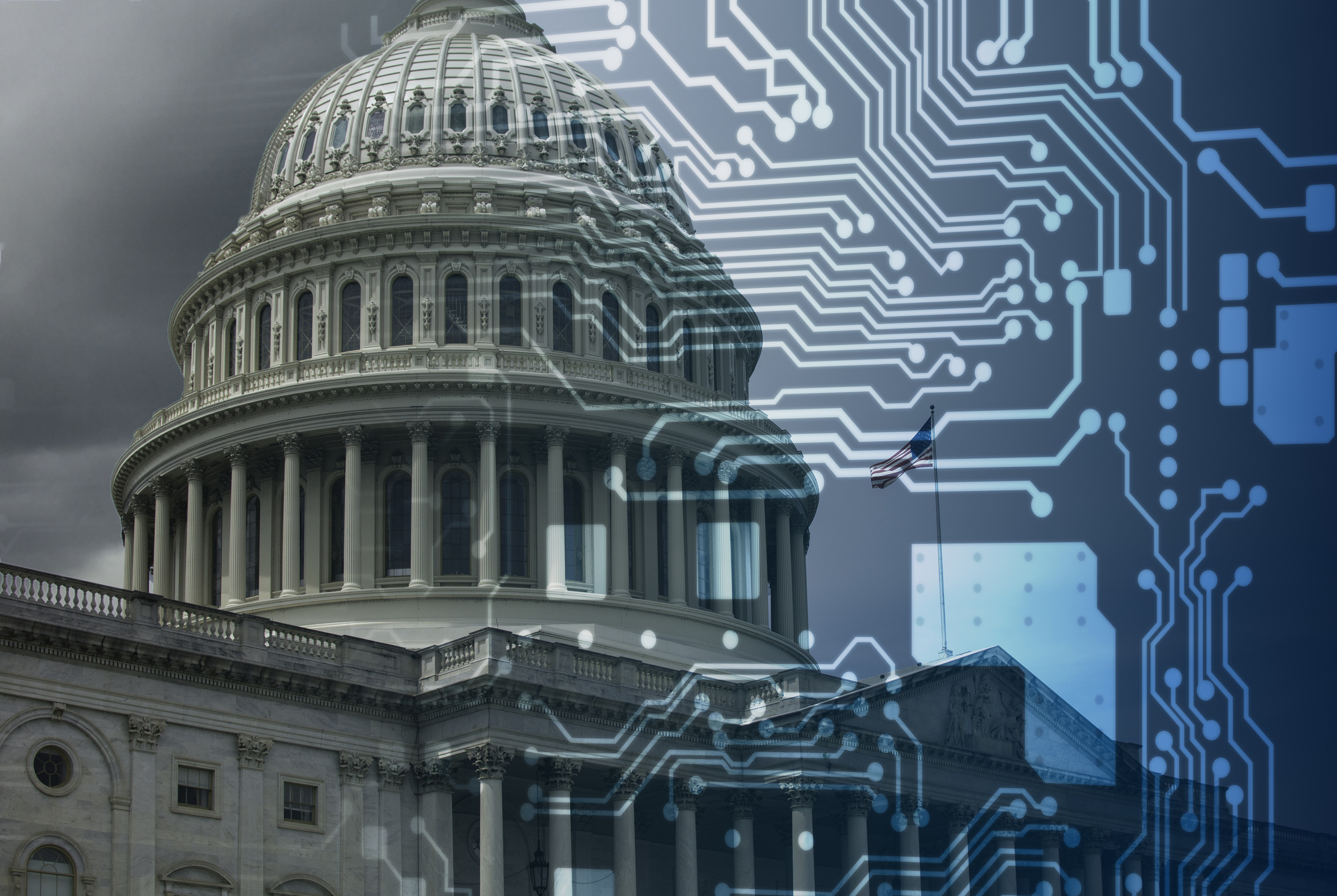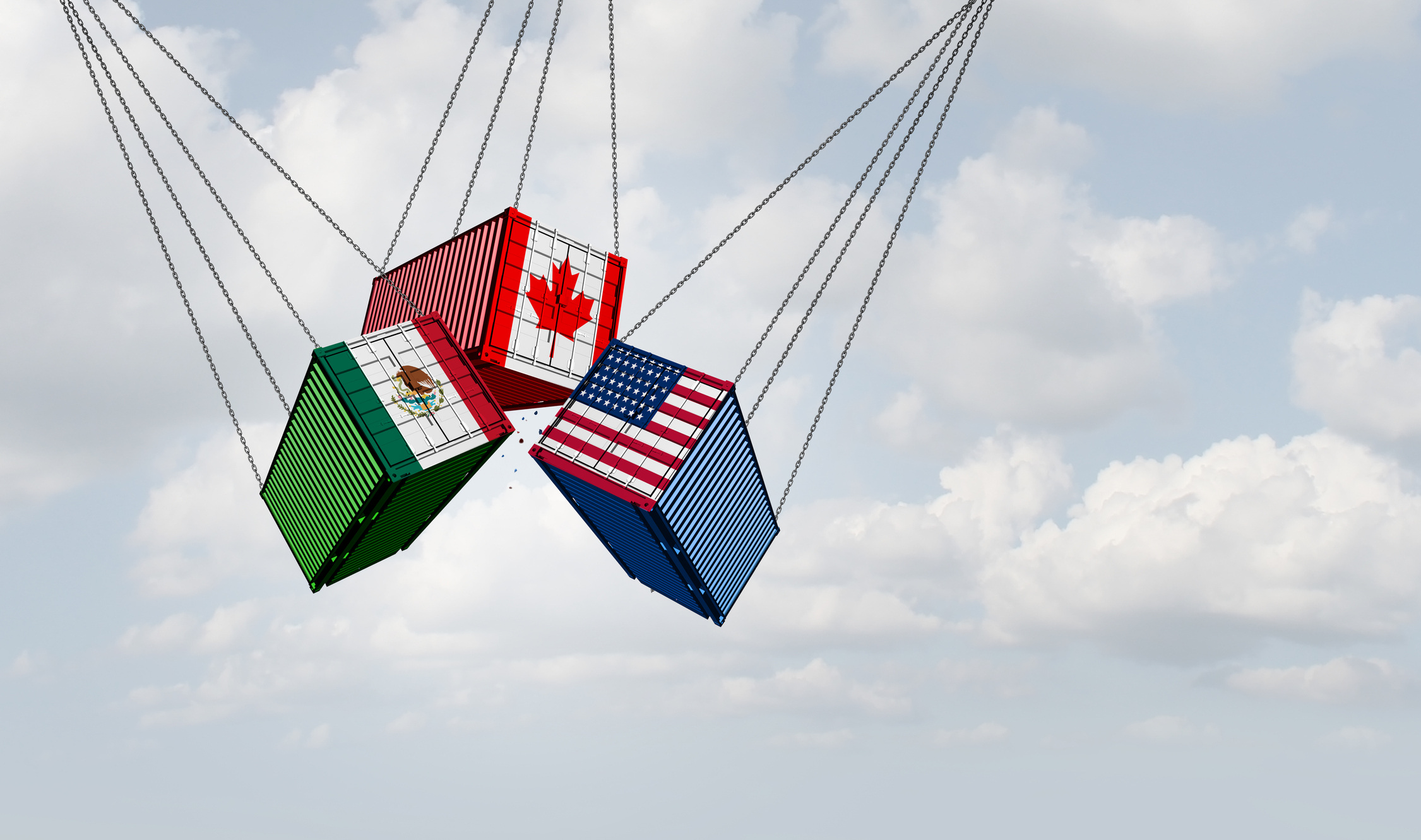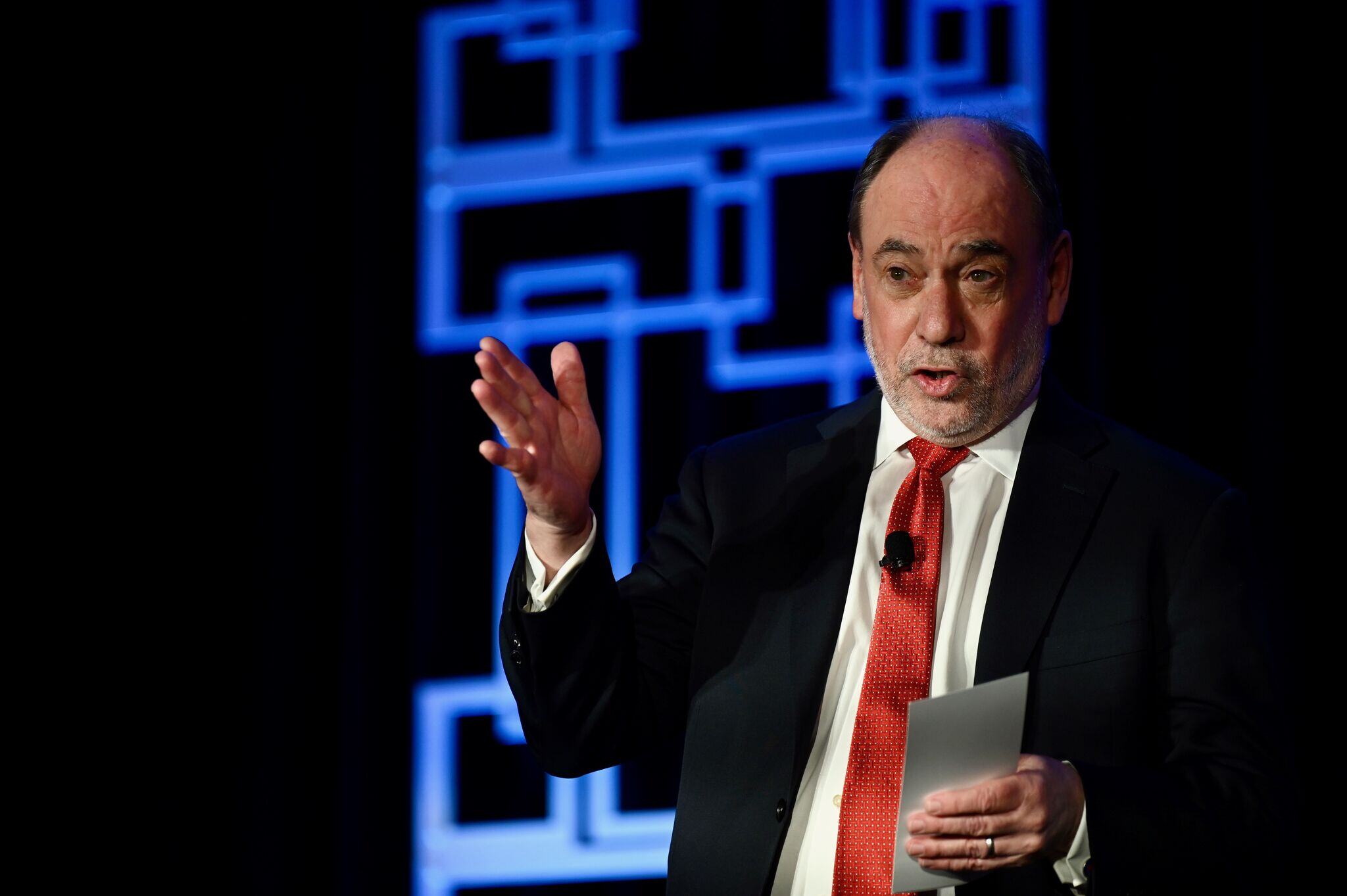The return of Donald Trump to the White House and the cutting of government “red tape” likely mean that tech companies won’t have to worry about antitrust and technology regulations.
One of the major storylines from the 2024 U.S. presidential election is the rightward shift in Silicon Valley — and, more broadly, the entire tech community — particularly among its leadership and investor class. Elon Musk has become the face of this shift, followed by numerous tech billionaires who contributed millions to support Donald Trump’s historic return to the White House.
Several prominent tech leaders have tacitly endorsed Trump’s victory. Most notably, Jeff Bezos, founder of Amazon and owner of The Washington Post, reportedly blocked his editorial board’s independent endorsement of Vice President Kamala Harris. Other industry giants, including Apple’s Tim Cook and Dell’s Michael Dell, congratulated Trump.
For those wondering why tech leadership, once a bastion of progressive causes, broke in favor of Trump, the answer comes down to one word: regulations.
Blame It on the Pandemic
The Biden administration concentrated much of its economic policy on curbing inflation, which had surged in the wake of the COVID-19 pandemic. With disposable income boosted by remote work and trillions of dollars in government aid, coupled with supply-chain disruptions, consumer demand spiked, driving prices higher across the board.
Inflation also provided businesses cover to raise prices and increase profits, even in sectors unaffected by cost pressures. At inflation’s peak around 9%, pricing experts advised businesses to increase prices to pad profits, reasoning that consumers, accustomed to inflation, would simply pay more. This led to dramatic price increases in sectors ranging from groceries to housing.
According to the Channelnomics Partner Confidence Index, persistent inflation and high interest rates were sapping partner confidence by 2023 and 2024. Although channel participants remained optimistic about rising revenue and profits, they struggled with increased costs tied to licenses, salaries, and compliance. Managed service providers and cloud resellers were hit particularly hard, unable to easily pass on customer cost increases, leading many to cut spending or sacrifice profitability.
In early 2023, Channelnomics reported that the Biden-Harris administration was ramping up antitrust and pricing regulatory enforcement, particularly through the Federal Trade Commission (FTC). The aim was to curb Silicon Valley’s economic influence, protect consumers from price gouging, and ensure the safe use of emerging technologies like artificial intelligence.
The FTC began to revive the Robinson-Patman Act, a 1936 law prohibiting discriminatory pricing practices. The Department of Justice also intensified antitrust efforts, filing lawsuits against Meta, Amazon, and Apple, and securing a verdict against Alphabet, Google’s parent company, that may lead to the breakup of the search and cloud computing giant.
Many tech, venture capital, and private equity firms voiced concerns that government oversight was stifling innovation, delaying new technologies from reaching the market. Additionally, some complained that regulators were slowing down or blocking mergers and acquisitions, hindering firms’ ability to remain competitive.
Big-Tech Backlash
Musk and other pro-Trump tech leaders’ primary motivation in backing his campaign was the hope of curbing regulatory burdens and oversight. Trump has hinted at involving Musk in his administration to eliminate bureaucratic obstacles, dismantle counterproductive agencies, and reduce government spending.
For many tech leaders, the swift congratulations extended to Trump reflect a pragmatic goal: to avoid risk by aligning early with the new administration. By currying favor, tech leaders hope to sway Trump’s administration from imposing restrictions on their businesses and technologies.
Tech companies are highly reliant on foreign workers living in the United States under H-1B visas, which allow them to attract specialized talent for innovation and operations. Stricter immigration policies could limit access to this talent, potentially slowing research and development. In addition, tariffs could hinder product sales in foreign markets, drive up costs for imported components, and even give rise to foreign competitors as other nations look to build up their own tech sectors. These factors underscore why many tech leaders are eager to establish favorable relations with the administration, aiming to protect their workforce and maintain market access.
While President-elect Trump appears intent on fulfilling his campaign promises, including rolling back many Biden-era business regulations, it’s still early to gauge how his administration will address the concerns of the tech community. Trump not only wields the power of the federal government and a Republican-controlled Congress but also enjoys a supportive Supreme Court, which recently struck down the Chevron Doctrine, limiting government agencies’ ability to interpret and enforce regulations.
The expectation is that Silicon Valley and other industries will see a federal government less inclined toward regulation and oversight. Previous advisories from Channelnomics on pricing and partner program compliance issues may thus be rendered moot for the foreseeable future.
Larry Walsh is the CEO, chief analyst, and founder of Channelnomics. He’s an expert on the development and execution of channel programs, disruptive sales models, and growth strategies for companies worldwide.




